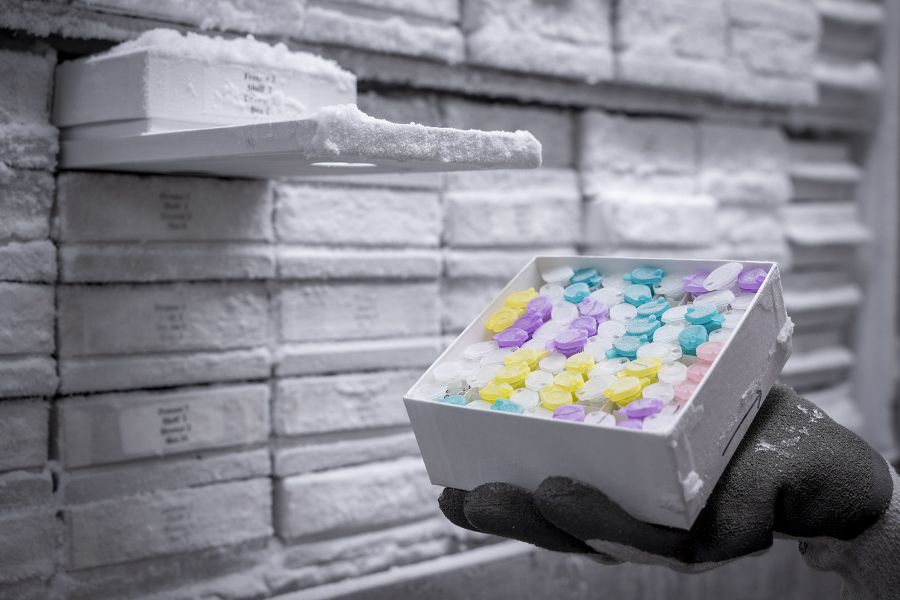Kingston, ON – June 2, 2020 – Kingston Health Sciences Centre (KHSC) is putting its plan in place to gradually resume providing scheduled surgeries and procedures. This follows the Province’s amendment of its directive from March 15, to significantly reduce scheduled surgical and procedural work, and Ontario Health’s approval of the South East’s regional resumption plan.
KHSC is awaiting the next set of provincial guidelines before finalizing its plans to increase in-person clinic visits. At this time, no ramp up of ambulatory services will take place.
“We are fortunate to be in a position to add to the urgent, time-sensitive care we’ve continued to provide during this first wave of the pandemic,” says Dr. David Pichora, KHSC president and CEO. “We have worked with our partners across the health system to create a regional plan that provides equitable access to regularly-scheduled surgeries for patients throughout southeastern Ontario and that minimizes the impact of geographical differences in COVID-19 case numbers, capacity and resources.”
KHSC currently meets all of the criteria the provincial government included in the framework it released to help hospitals increase activity while maintaining capacity to respond to COVID-19 cases. Among other requirements, KHSC has an adequate supply of Personal Protective Equipment (PPE), is part of a plan to be able to make 15 per cent of intensive care and medicine unit beds in the region available for COVID-19 patients, and has a stable COVID-19 caseload.
Right now, KHSC has no admitted patients receiving care for COVID-19.
Guided by its commitment to patient- and family-centred care, KHSC will prioritize surgeries and procedures based on various criteria, such as the condition of patients, risks associated with delaying treatment, and the availability of needed resources, including PPE, medications, and postoperative care needs like primary care and home-and-community care.
“For many, one of the most difficult parts of the patient journey is the time waiting for care, and patients’ and families’ cooperation and patience during this difficult time has been extraordinary,” says Kerry Stewart, chair of the KHSC Patient and Family Advisory Council. “Patients have been engaged in KHSC’s plan to gradually and carefully ramp up services, and I want to assure patients that the plan has ethics and principles as its foundation.”
Public health experts in Ontario continue to caution that the risk of potential surges in community or congregate settings is ongoing. Because of this, part of KHSC’s plan to resume services includes a strategy for ramping down less-urgent activity again in order to respond quickly to an increase in patients with COVID-19 needing hospital care.
“In order to maintain COVID-19 preparedness, we will be reviewing and reconfirming our plan on a weekly basis within the organization and regionally with our partners,” added Dr. Pichora. “Every week, we’ll have to assess our situation and find the right balance that will enable us to care for our most vulnerable patients.”
With this ramp up of services, KHSC is increasing family presence at its Kingston General Hospital site by asking admitted patients to choose one family member, the same person for the duration of their hospital stays, who passes screening, to be their designated care partner and visit them on-site. As KHSC’s situation will be assessed weekly, patients and families should visit KingstonHSC.ca/covid19 for the most up to date information.
Patients who have questions or concerns about their care should contact a member of their care team directly. After speaking with a care-team member, patients may choose to contact KHSC’s patient relations department as well.
KHSC’s hospital sites are safe environments in which to receive care. Infection, prevention and control measures are in place to protect our staff and patients. People should continue to follow public health advice, such as keep at least two meters from others outside your household; wash your hands regularly; and sneeze and cough into your sleeve and avoid touching your eyes, nose or mouth.



